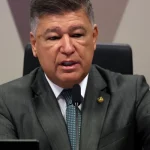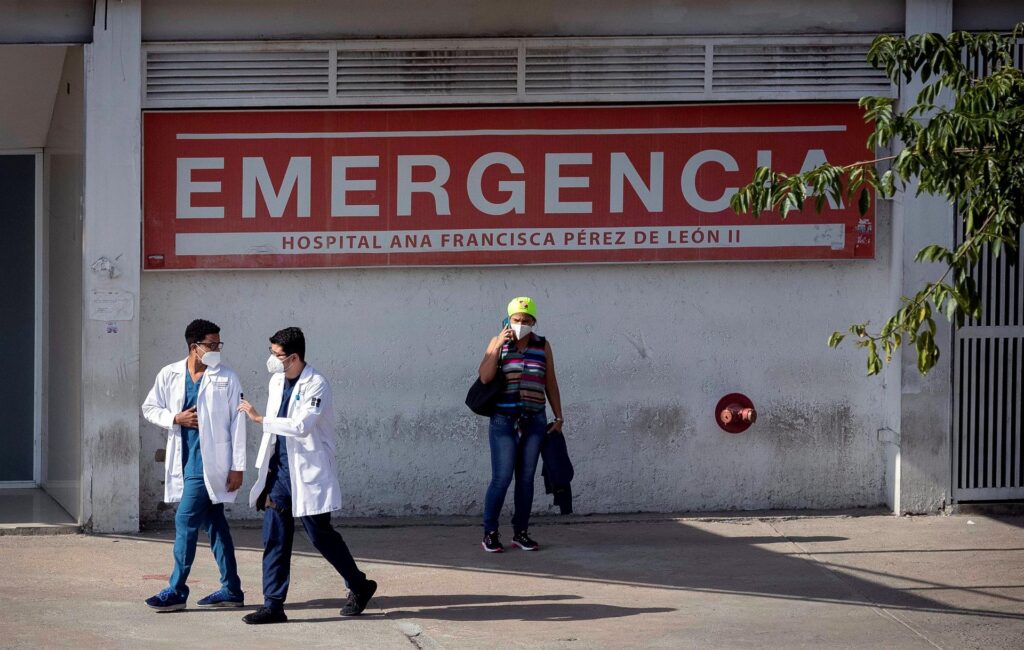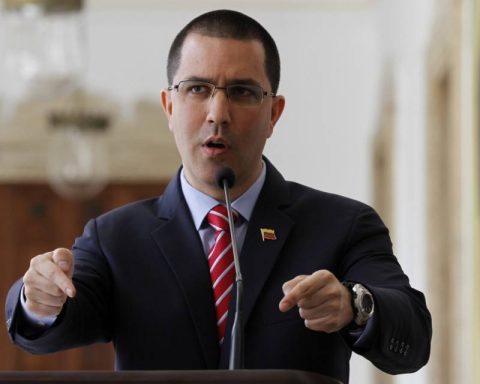The political scientist and coordinator of the Parliamentary Studies Program of the Department of Political Sciences of the Faculty of Social Sciences of the University of the Republic (Udelar), Daniel Chasquetti, reviewed the level of activity in Parliament at a global and individual level.
After two years of management of the current Parliament, to date a total of 683 bills have been presented within the Legislative Power; this number is located “well below” previous periods. As Chasquetti explained to Earlier than later, one of the reasons for this low activity would be directly linked to the approval of the Urgent Consideration Law (LUC). Being a normative body with more than 500 articles that covers some 70 thematic areas, it was legislated in an important way.
However, so far 190 laws have been approved, when in the previous legislature, at this same time, 188 had been approved.
The coalition with the power of the agenda; the opposition in a controlling role
The doctor in Political Science highlighted the work of the Legislative Power and its importance in the functioning of society. For Chasquetti, Parliament is much more than a “law factory” and, among other things, it is in charge of supervising the functioning of the other State powers.
In this sense, he indicated that Parliament is currently headed by a government coalition that has the “power of the agenda.” That is, the decisive power to finish approving (or not) a project, which is exercised from the Commissions, as he explained.
In the case of the opposition, the role it plays is one of influence and control, he said. Legislators opposed to the ruling party propose modifications, additives and in reality the bills they present seek to demonstrate the initiative more than anything else.
As for the comptroller character, this is exercised through the request for reports. Regarding this, the interviewee indicated that the current management has a record number of this type of request. “So far this legislature, 2,145 requests for reports have been sent, in the previous legislature, at this point, we had 2,003 and in the previous one (2010-2015) 1,374. There is a very strong flow of requests for information,” he explained.
Likewise, Chasquetti indicated that there was a record in response to these requests with 69%, the highest rate since 1985.
65% of the projects presented were made by the Legislative Power; 75% of the laws come from the Executive
Chasquetti indicated that of the almost 700 projects presented, 65% came from Parliament itself (35% from the Executive). In contrast, 75% of the laws that were approved came from the Executive, which left only a quarter for the Legislative. However, the political scientist explained that this is normal and reaffirms the “power of the agenda.”
The National Party (PN) managed to pass 12 laws, Colorado (PC) seven, the Broad Front (FA) five and Cabildo Abierto (CA), which presented 36 bills, none.
Individual activity: Carrera and Olmos in the lead
The political scientist then spoke about the Parliamentary Effort Index, a figure developed in the Parliamentary Studies Program. This is a tool that allows evaluating the individual activity of each legislator, taking into account that political parties normally distribute the work. This usually makes it difficult to perceive that individual role with certainty.
This index takes into account various variables that allow it to be composed, these are: Attendance at the Plenary; the drafting of bills, minutes, among others; the intervention in the room; the role of commission informant before the Plenary; representation through topics presented in the previous half hour and the number of requests for reports presented to the Executive Power.
According to this Index, from February 15, 2020 to June 23, 2022, the Parliamentary Effort is led by Charles Carrera (FA). The podium is completed by Gustavo Penadés (PN) and Amanda Della Ventura (FA). The rest of the top 10 are: Graciela Bianchi (PN), Raúl Lozano (CA), Guido Manini Ríos (CA), Óscar Andrade (FA), Mario Bergara (FA), Lilian Kechichian (FA) and Sebastián Da Silva (PN ).
For its part, the Chamber of Deputies has Gustavo Olmos (FA) at the head and Daniel Caggiani (FA) and Lucías Etcheverry (FA) accompanying him. The other seven are Juan Rodrígez (PN), Nibia Reischt (PC), Alfonso Lereté (PN), Iván Posada (Independent Party), Cecilia Bottino (FA), Felipe Schipani (PC) and Felipe Carballo (FA).
However, the doctor in Political Sciences warned that this index does not allow to determine the quality of the legislator

















